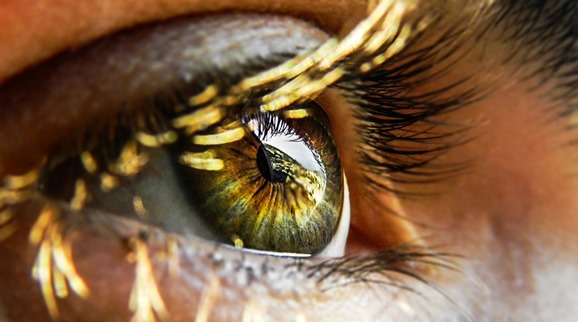Keratoconus & Mental Wellness

German Study Provides Insight to Prevalence
December 21, 2023
Challenges Associated with Pediatric KC
January 22, 2024Originally published in NKCF Update (November 2023).
The Save Sight Institute in Sydney, Australia, reviewed 31 articles published in the last 2 decades examining the impact of keratoconus on mental health. Most used validated questionnaires to assess the emotional well-being of subjects. The studies included small and large groups of varying ages and disease severity, and were conducted in several different parts of the world.
No findings were universal. In some cases, patients were invited to self-report symptoms of depression or anxiety. In other cases, patient data was screened for a diagnosis of keratoconus as well as psychiatric disease. And in others, changes in mental health were evaluated before and after an intervention such as cross linking or introduction of scleral lenses.
The researchers found that increased severity of keratoconus was linked to an unhealthier emotional state, but poor mental health was not dependent on poor vision. Several studies identified greater levels of depression and anxiety for those with mild to moderate keratoconus compared to patients who had permanent and blinding vision loss from other eye conditions like age-related macular degeneration.
The authors of this paper, as well as others, have suggested some reasons why mental health outcomes in keratoconus can be disproportionate to vision loss. One theory is that individuals with keratoconus may record normal or near normal best corrected visual acuity (e.g., BCVA = 20/20) but their real-world experience is defined by blurring, ghosting and light sensitivity. This results in levels of frustration and despair that don’t match the results of their vision tests.
Another hypothesis is that patients’ attitudes and anxiety toward their keratoconus changes. The Collaborative Longitudinal Evaluation of Keratoconus (CLEK) study followed 1,200 subjects over a 7-year period and reported that mental health improved over time. This was attributed to patients’ acceptance of their condition and adaptation to vision changes.
Studies investigating a KC personality have suggested that the onset of keratoconus typically occurs during a vulnerable period of psychosocial development (teen and young adulthood), and newly diagnosed keratoconus patients may experience a shift in identity related to changes in their educated or career goals.
The authors conclude that individuals with KC may suffer detriments to mental health despite having relatively good vision; more work is needed to uncover strategies to assist both patients and doctors in understanding the impact of this disease on mental wellness.
Beginning this year, NKCF includes an insert in patient information packets calling attention to mental wellness for those living with keratoconus. You can find a copy of the insert here. Patients are encouraged to share their feelings of isolation or trouble adjusting to life with keratoconus with their eye doctor or primary care provider who can identify mental health resources.
Reference: Mental Health Impact of Keratoconus: A Systematic Review; Durakovic E, Kandel H, Watson SL, Cornea, 42:1187-1197 , 2023.



